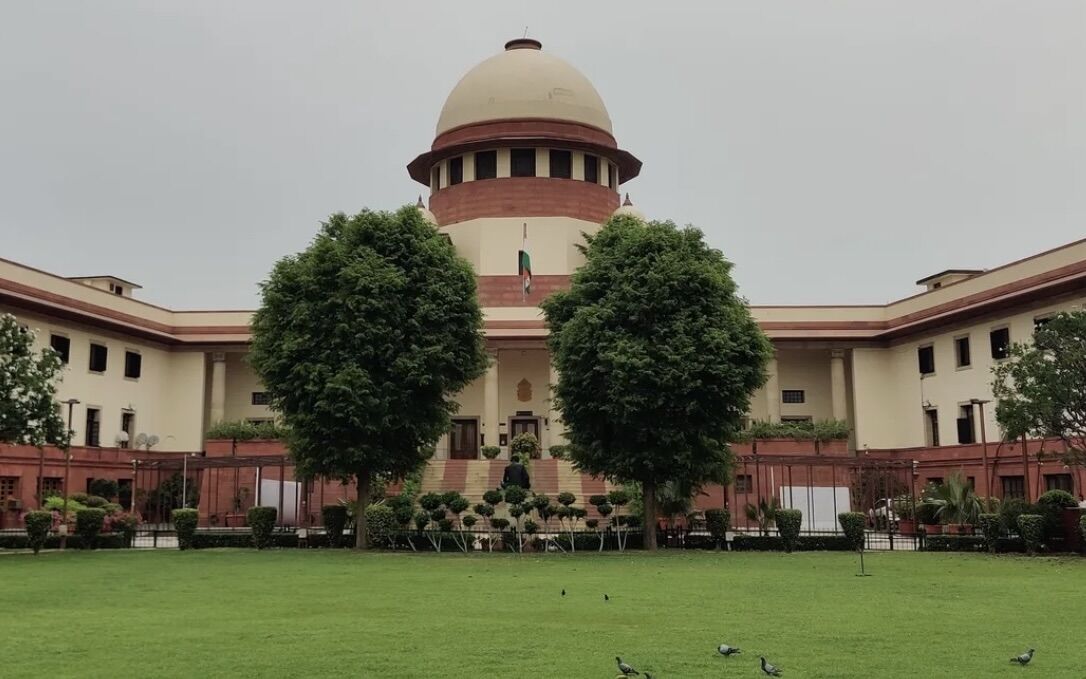Supreme Court Issues Landmark Ruling for Speedy Disposal of Criminal Cases Against Lawmakers in India
The Supreme Court issued a landmark ruling on Thursday to address the speedy disposal of criminal cases against lawmakers in India, emphasizing the importance of the constituency's confidence and trust in their political representatives.
The Supreme Court issued a landmark ruling on Thursday (November 9) to address the speedy disposal of criminal cases against Members of Parliament (MPs) and Members of Legislative Assemblies (MLAs) in India. The CJI DY Chandrachud-led bench issued guidelines for the expeditious disposal of such cases, calling on the chief justices of various high courts across the country to set up a special bench to review and monitor the progress of criminal cases against lawmakers.
The ruling came in response to a plea filed in August 2016 by advocate Ashwini Kumar Upadhyay, seeking speedy disposal of cases involving lawmakers and a lifetime ban on convicted politicians from contesting elections, rather than the current six-year ban imposed under Section 8(3) of the Representation of People Act, 1951 (RP Act). The RP Act, introduced by Dr. BR Ambedkar, provides for the disqualification of lawmakers on conviction for certain offences. The Supreme Court emphasized the importance of the constituency's confidence and trust in their political representatives and the impact of such cases on the political democracy.
The court laid down guidelines for monitoring the early disposal of cases against lawmakers, including the registration of suo motu cases by the chief justices of various high courts, prioritizing cases punishable with death or life imprisonment, ensuring sufficient infrastructure facilities and the adoption of technology for designated courts, and creating an independent tab on their websites with district-wise information about the details of such cases. In addition to this, the apex court ordered that the trial courts cannot adjourn such cases unless there are rare and compelling reasons for doing so.
The court also directed the high courts to evolve methods or apply measures that they deem expedient for an effective monitoring of the subject cases to ensure the expeditious and effective disposal of the cases. This ruling follows the 2015 judgment in "Public Interest Foundation vs. Union of India," where the Supreme Court directed the speedy disposal of trials of sitting legislators facing charges under Section 8 of the RP Act and suggested conducting the trials on a day-to-day basis
. The ruling in Pakistan regarding the disqualification of politicians under Article 62(1)(f) of the Constitution further highlights the importance of this issue in the region. The Supreme Court's comprehensive guidelines are a crucial step towards ensuring the expeditious and effective disposal of criminal cases against lawmakers.




